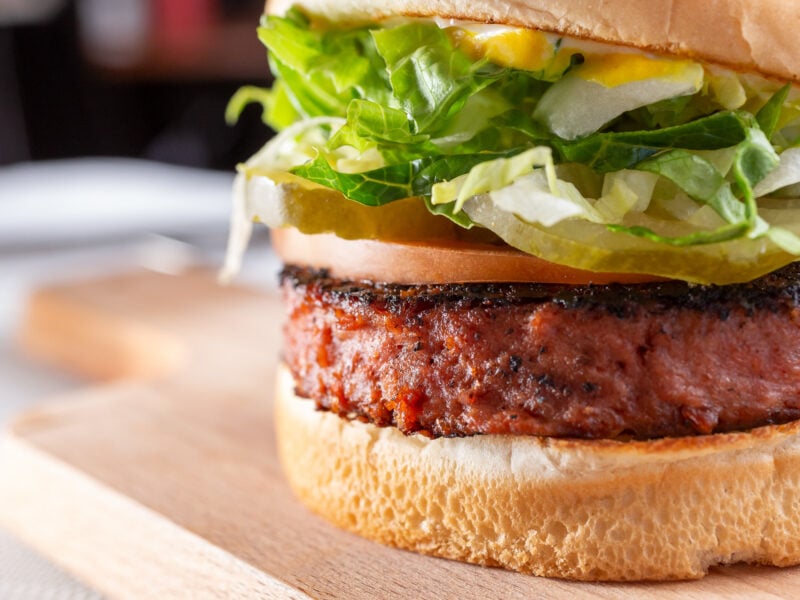Texturizing proteins from red seaweed
2020-2022
Dr. Livney is producing plant-based seafood based on protein-rich seaweed extracts.
PRODUCTION PLATFORM: Plant-based
TECHNOLOGY SECTOR: End product formulation and manufacturing
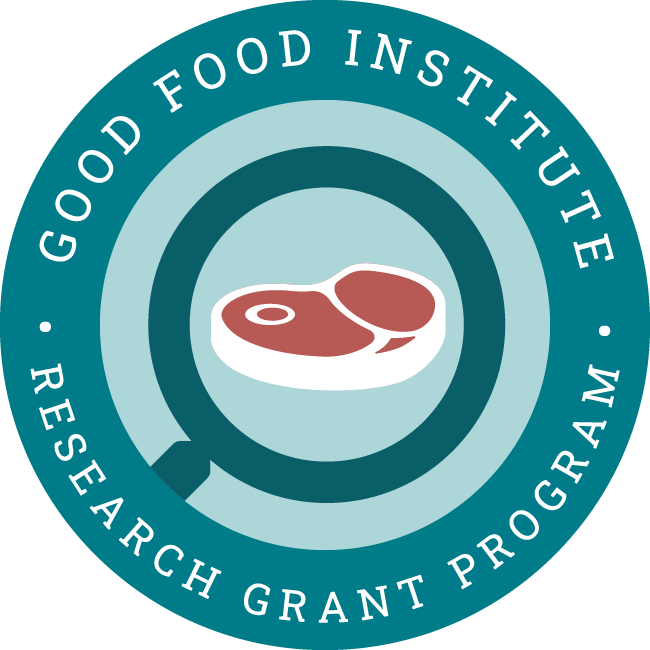
Project aims
This project is working with edible red macroalgae species for use in plant-based meat – specifically seafood. It also develops a method to extract macroalgal proteins and a texturization process to produce plant-based seafood from algal protein.
Ultimately, this work will produce plant-based seafood products and identify steps to commercialization for macroalgal proteins. It will also advance our general understanding of protein extraction from seaweeds.
Principal researcher

Dr. Yoav Livney
Professor, Department of Biotechnology and Food Engineering, Technion, Israel Institute of Technology, Israel
Dr. Livney is an expert in the physical chemistry of food biopolymers. He is the author of over 70 publications and holds nine patents. His research team has extensive experience in macroalgal protein and starch extraction.
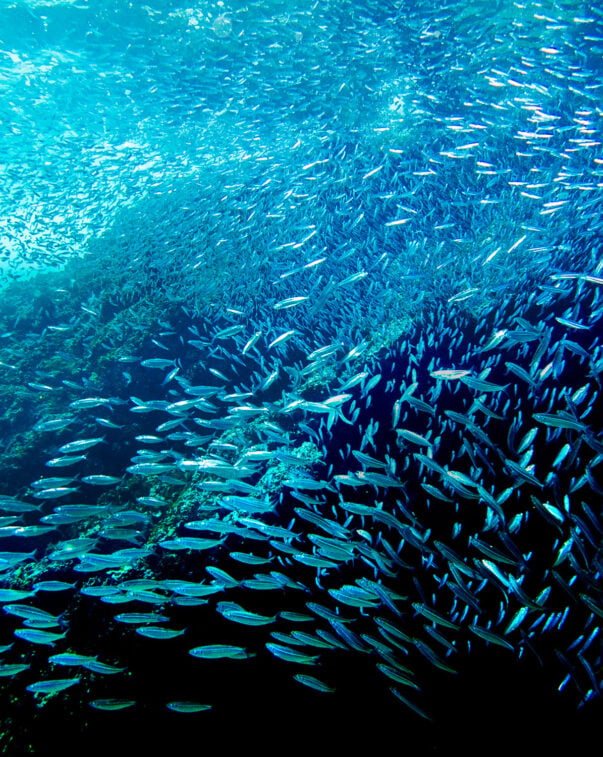
Page
Sustainable Seafood Initiative
Learn how plant-based, fermentation-derived, and cultivated seafood can improve the health and sustainability of oceans.
View related grant projects
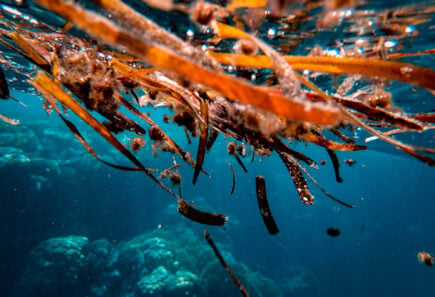
Red seaweed protein
Learn about Trophic LLC’s research developing plant-based meat ingredients from red seaweed protein through GFI’s grant program.
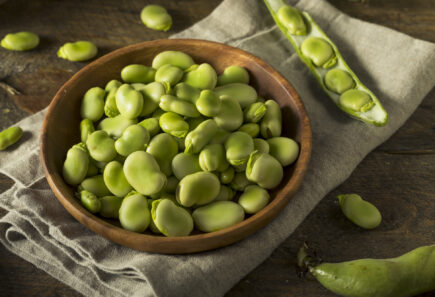
Texturizing proteins and fiber
GFI grantee Dr. Girish Ganjyal at Washington State University is texturizing proteins and fiber to make better plant-based meat.
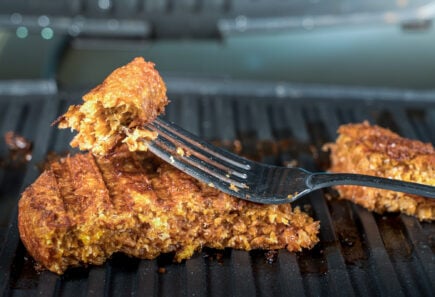
Creating fiber-like structures
Learn how GFI grantee Dr. David Julian McClements is developing an alternative to extrusion for producing plant-based meat at the University of Massachusetts.
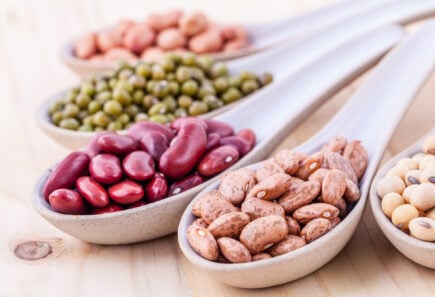
Muscle-like structures from pulse proteins
Learn about Dr. Zata Vickers’s research to develop muscle-like structures from pulse proteins to improve the texture of plant-based meat.
Explore research opportunities
-
Cultivated
-
Fermentation
-
Plant-Based
Optimizing fat profiles for nutritional and sensory properties
Because alternative meat’s fat content and fatty acid profile can be more easily controlled than conventional meat’s, there is an opportunity to alter fat content for nutritional benefits. Additional research…
-
Cultivated
-
Fermentation
-
Plant-Based
Hybrid products to optimize nutrition, taste, cost, and sustainability
Hybrid products are a promising means to improve the cost and sustainability of animal-derived meat while improving the taste of plant proteins. Promoting the health benefits of hybrids may facilitate…
-
Cultivated
-
Plant-Based
Plant-based scaffolds to improve cultivated meat nutrition
A variety of plant-based scaffolds present the opportunity to combine the natural nutritional and structural benefits of plants with the taste and high protein of cultivated meat. Bacterial nanocellulose from…

